This will be the new Statute of the Fellowship: compensation of expenses, limitation of practices and more control of companies

On Tuesday, the Council of Ministers approved, in the first round, the preliminary draft of the Statute of Persons in Practical Training Outside Work, known as the Statute of the Fellow, which aims to strengthen the protection of trainees in enterprises and institutions and to prevent abuses in such relations.
The second Vice-President and Minister of Labour, Yolanda Díaz, has explained that the aim is to "clearly define what training in Spain is and what rights it has". She has recalled that this group consists of 1.7 million people (one in ten workers), 22% of whom are over 30 years old.
Thetext seeks to guarantee compensation for expenses, the right to rest and holidays and to impose fines on companiesthat do not meet the requirements. In addition, it limits the number of persons in internship to 20 per cent and requires a guardian of five persons. The work must be adapted to the training plan and will not replace work functions.
Díaz describes this measure as "new generations" labor reform and calls on parliamentary groups to support it. Before the Statute enters into force, it will still have to pass the procedure approved by Congress.
Compensation of expenses and right to rest
Under the new Statute, trainees shall have the right to compensation for expenses, breaks, holidays arising from their activities and to receive the same services as other workers, such as canteens or rest rooms, and shall also be protected from situations of violence or harassment in the working environment.
Limits on compulsory practices and guardians
The rule sets a maximum limit of 20 per cent of a company's workforce for the number of persons in non-work training, and requires the appointment of a guardian of five fellows. The assigned tasks shall be adapted to the training plan and may not replace the functions of an employee.
Scope of application
The Statute includes practices relating to university studies, vocational training, artistic or sports teaching and specialties of the National Employment System, and regulates curricular and extracurricular practices.
More controls and inspections
The Labour and Social Security Inspectorate shall have access to all documentation relating to practices and shall carry out specific monitoring activities to ensure compliance with the new requirements by enterprises.
The text has yet to obtain sufficient support to pass the congressional procedure before it enters into force.
The text has yet to obtain sufficient support to pass the congressional procedure before it enters into force.
You might like
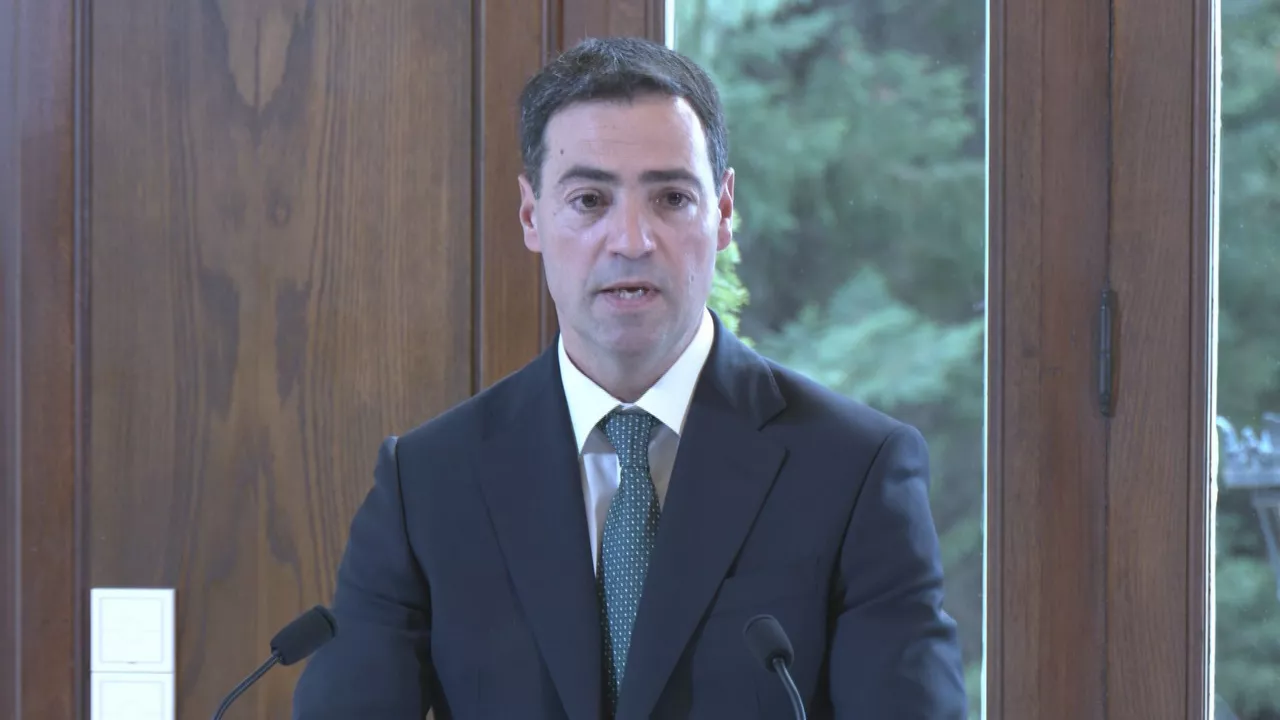
Imanol Pradales: "UPV has never had so many resources"
The Lehendakari has stated that the UPV/EHU budget will increase by 6.9% by 2026, in addition to an increase of 5.2% by 2025, and has stressed that in two years the regular budget has increased by 12%.
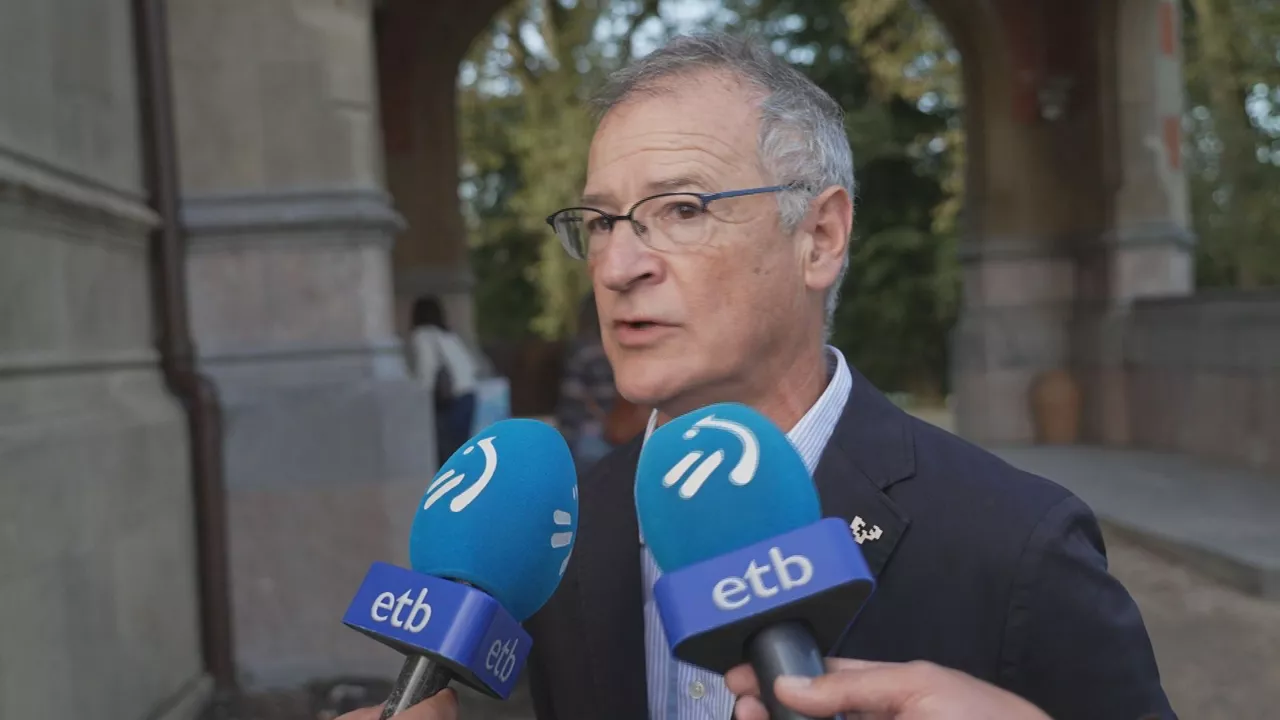
Bengoetxea calls for institutional respect for the UPV and calls for an urgent meeting of the lehendakari
This has been answered by the Rector of the University of the Basque Country to Councillor Pérez Iglesias, who has denied in the Basque Parliament that the public university receives less money than it should.
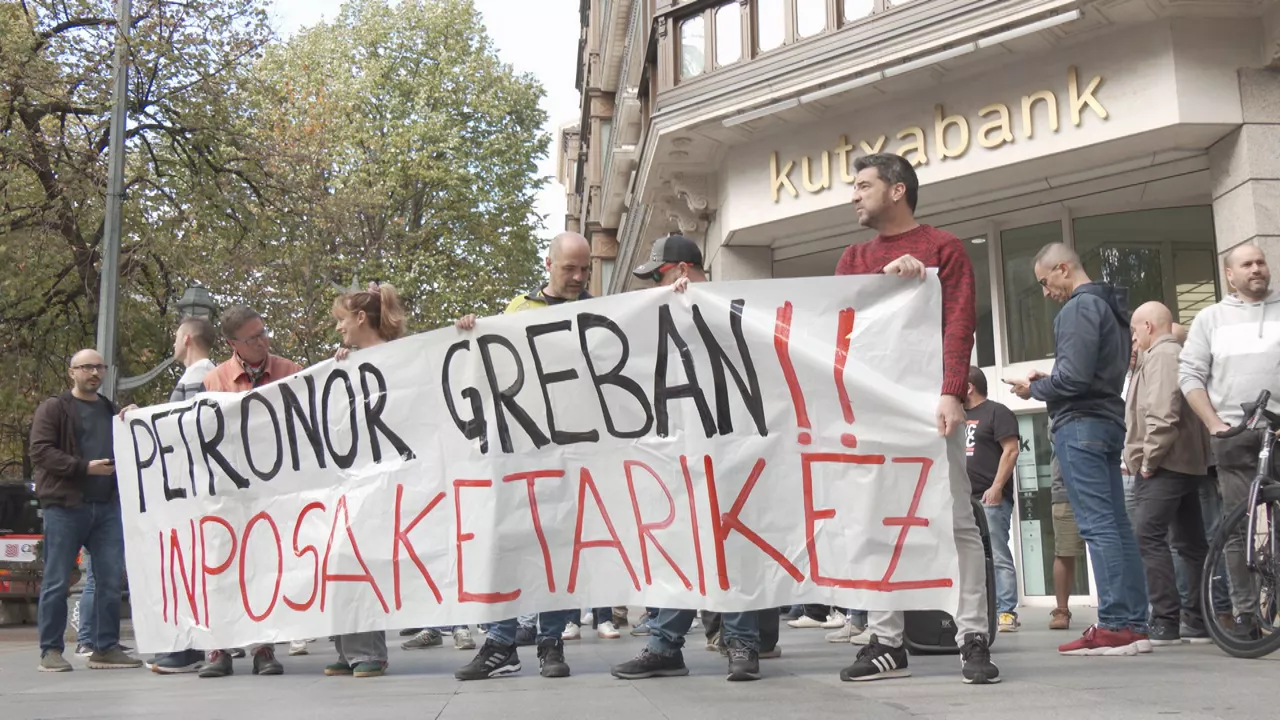
Petronor workers are still on strike and deny "war in the locker room"
This has been reported by representatives of the committee during the staff concentration convened by Kutxabank in front of its general offices in Bilbao. The workers have rejected the agreement and the case will be resolved in the courts.
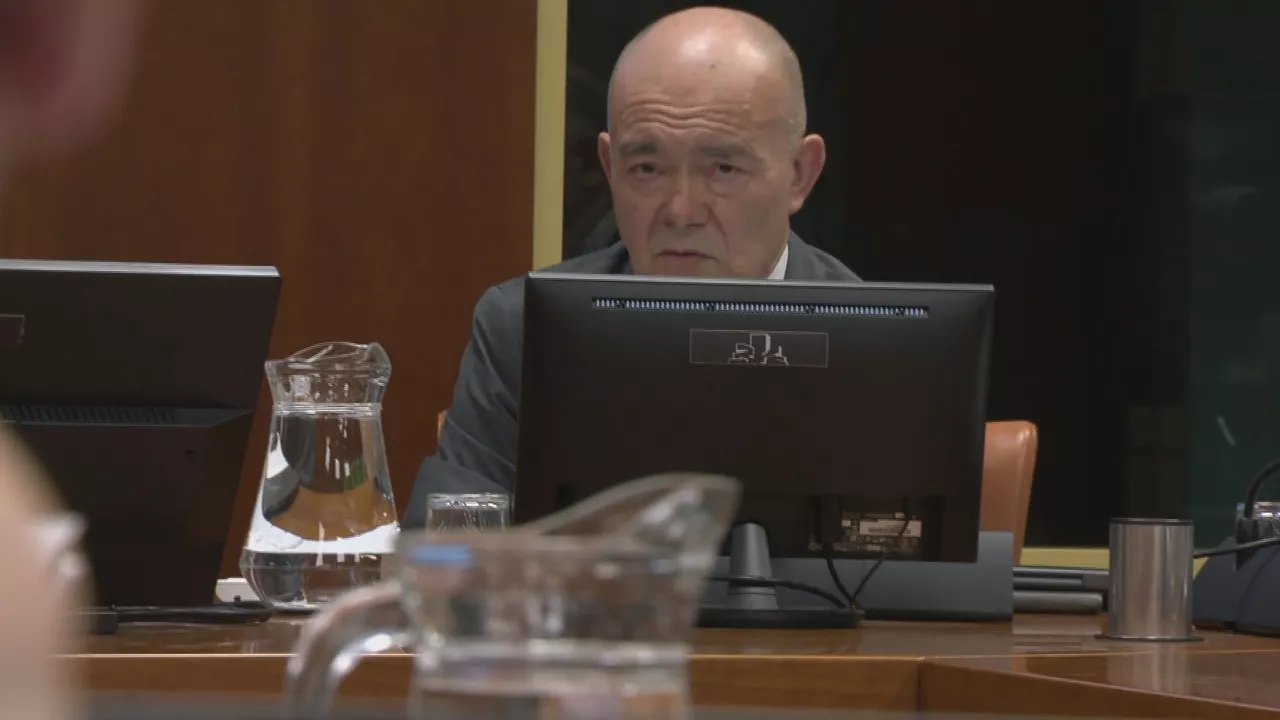
Pérez Iglesias highlights the "firm commitment" of the Basque Government to the UPV
The Vice-Minister for Science, Universities and Innovation has stressed that the regular contribution of the Basque Government to the UPV/EHU in 2026 is EUR 339 million, 6.9% more than this year, and has even explained that the amount allocated to the public university is the highest in its history.
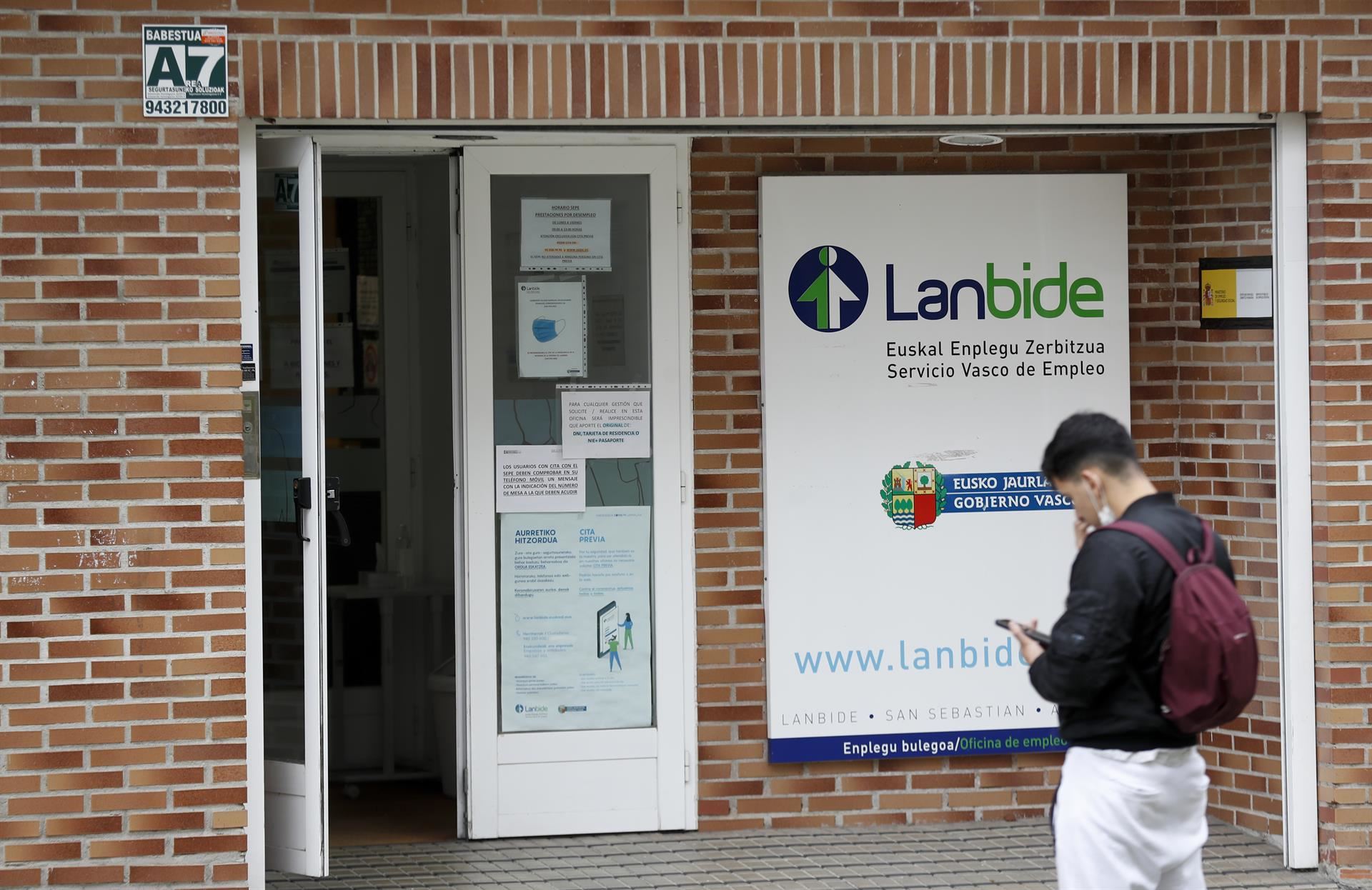
In October the unemployment rate in the ACV rose by 0.60% and in Navarre by 2.04% compared to September
Compared to the data of October 2024, however, unemployment in the Basque Country fell by 888 persons (0.82 per cent) and in Navarre by 1,129 persons (3.75 per cent), while from September to October membership increased by 1.32 per cent in the Basque Country and 0.89 per cent in Navarre.
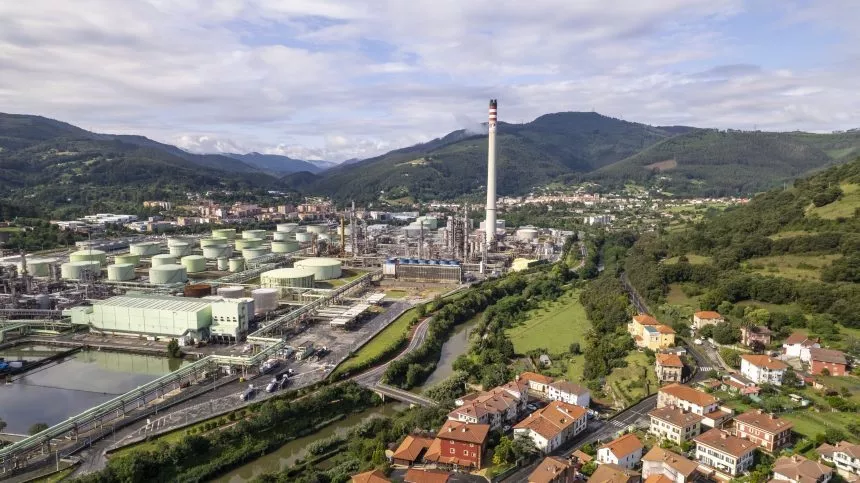
The conflict in Petronor continues: workers have not accepted the agreement and remain on indefinite strike
Eighty percent of the workers voted against the pact reached between management and the union majority, so the so-called "locker room war" will be decided in court. Petronor has been standing still for a month and a half.
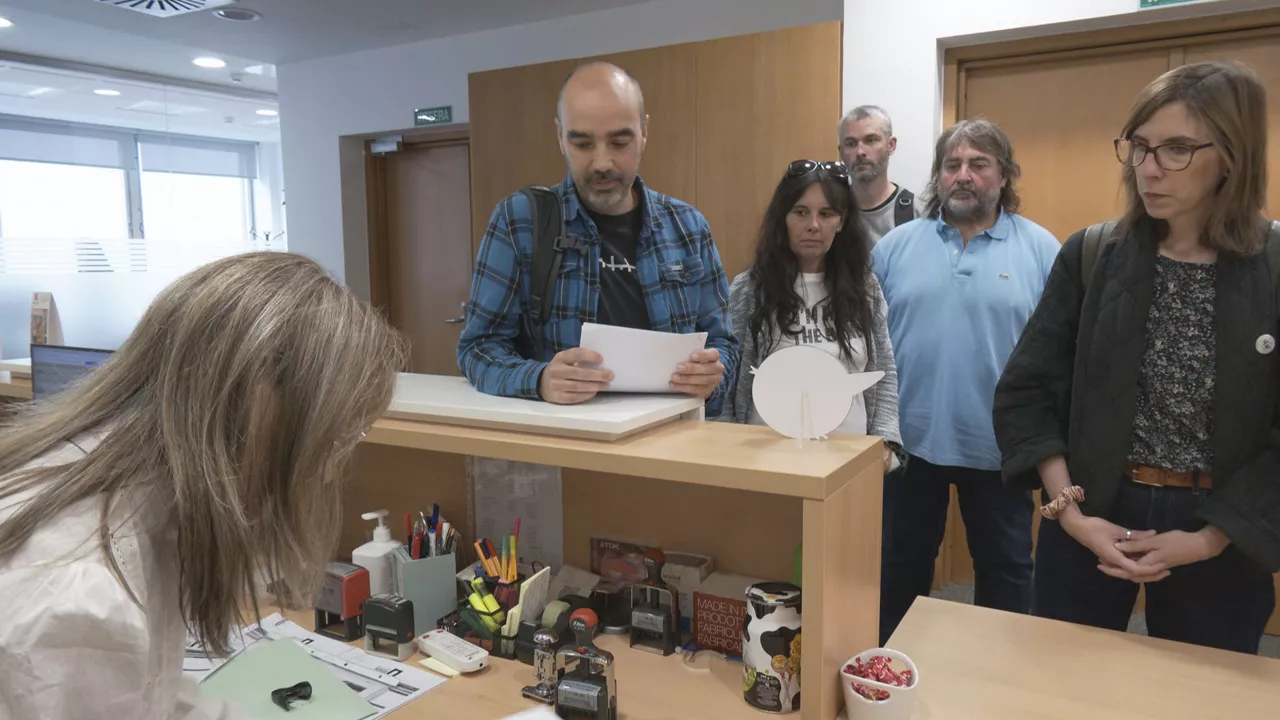
Trade unions will demonstrate in Bilbao on the 12th "for the minimum wage"
The Basque Government opposed the People's Legislative Initiative, which was presented in Parliament in the summer. The trade unions consider the debate to be a 'democratic minimum' and will therefore protest to the headquarters of the Basque Government, the PNV and the PSE-EE.
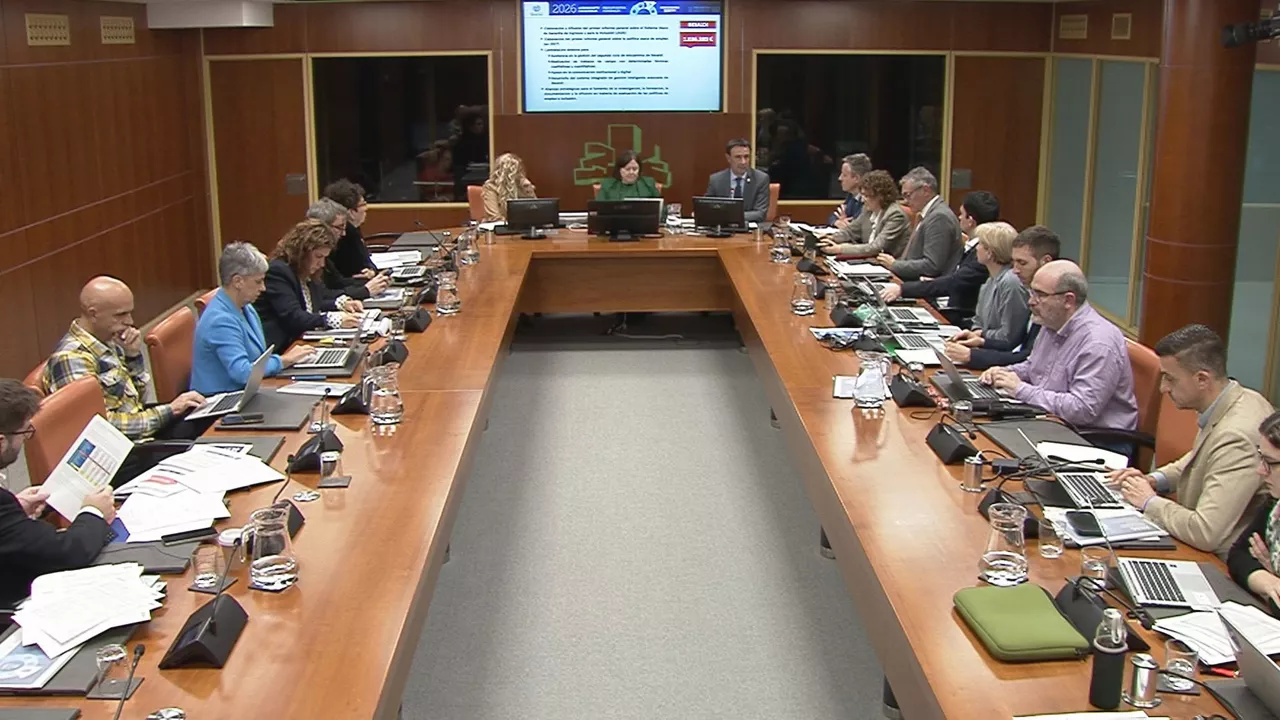
The Department of Economy, Employment and Employment presents a 3.3% increase in the 2026 budget
These budgets will focus primarily on strengthening active employment policies, in particular training, recruitment and support for vulnerable groups.
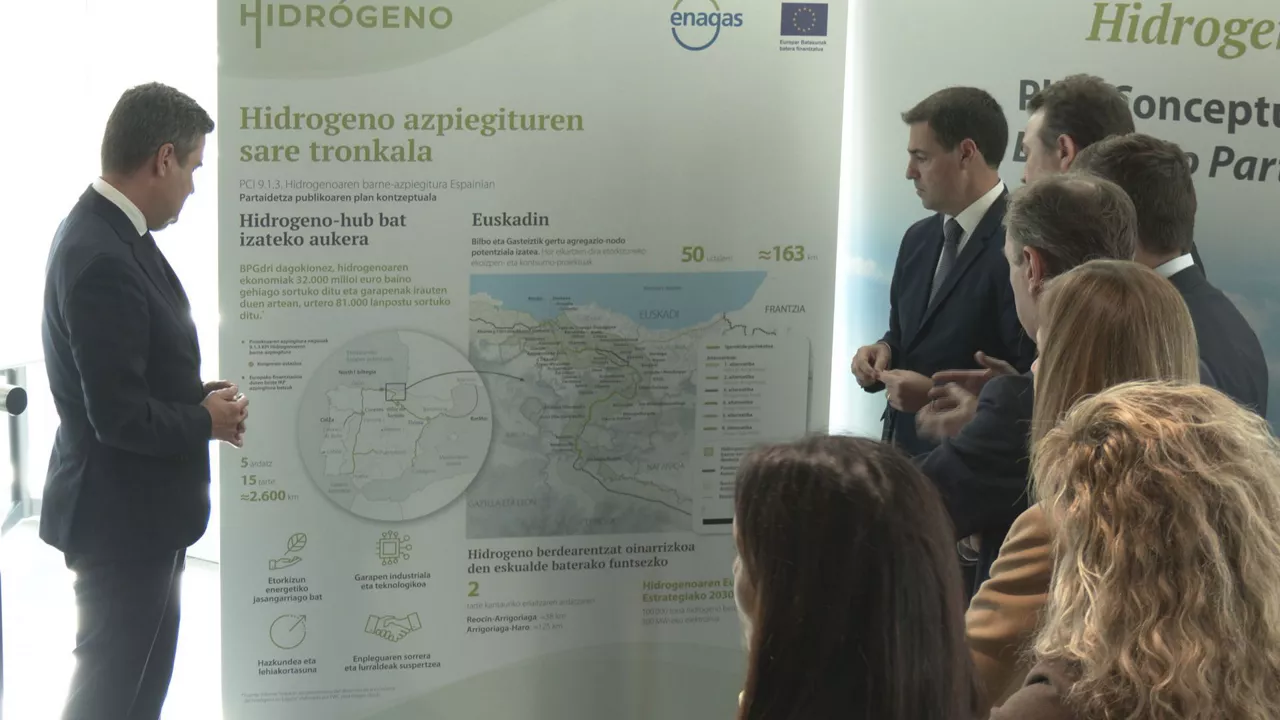
The hydrogen corridor in the Basque Country envisages 163 kilometres of pipeline running through 50 municipalities
The Basque Country network will be divided into two parts. According to the project designed by Enagás, the works will begin in 2028 and end in 2030 and will require an investment of EUR 400 million.

